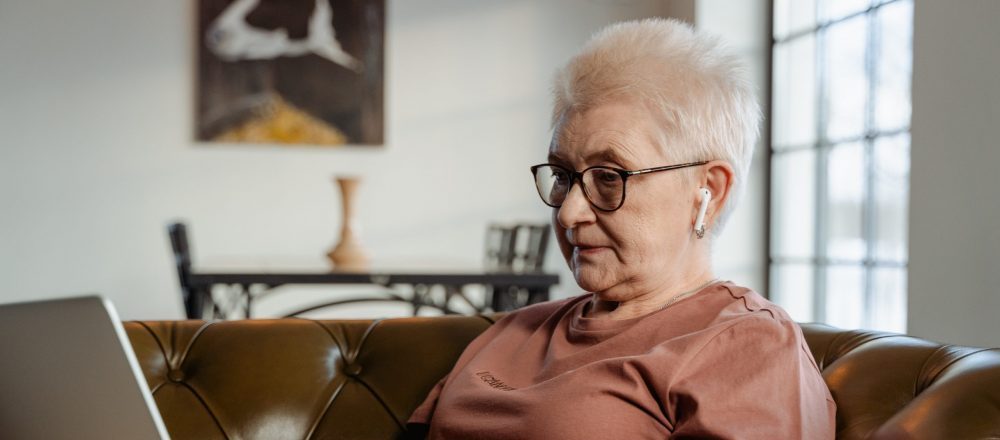Watching recast of today’s live game no cure for insomnia
Having trouble sleeping? Contrary to long-standing rumor, counting sheep never did work well, and since the ’50s, late-night television turned down low has often been the go-to for helping battle a common problem — sleep disorders and insomnia.
Now, let’s be clear: watching an NBA game, for example, can be great entertainment. But when you have on the rebroadcast of a West Coast game you saw earlier in the day hoping its familiarity will lull you to sleep, it tends not to work at 3 a.m. Eastern. No offense to the athletes, but I’d just rather be asleep at that hour instead of watching a rerun of their game while they’re probably fast asleep.
Watching reruns of favorite sports, TV shows or movies may sound a little fanatical or comical, but for many people desperate for some rest, it’s one of the many types of ways people suffering from sleep disorders and insomnia try to cope with their problem.
Unfortunately, it almost never works.
One-third of us suffer
Sleep disorders are widely prevalent, with nearly one third of the general population complaining of sleep disorders. Insomnia can involve difficulty falling asleep or staying asleep and is just one of a multitude of sleep disorders that range from sleep apnea to restless leg syndrome, narcolepsy and others.
In this fast-paced, high-anxiety world, the causes of sleep disorders are even wider. Just a few include conditions such as depression, anxiety, pain, or loss of bladder control; medications or product additives including caffeine, diuretics, anti-arrhythmics and steroids; environmental factors including lights, sounds — including that bright, noisy TV game — and temperature; and many more. Unsurprisingly, the underlying causes of a patient’s sleep disorder should determine the optimal course of treatment.
Clinical practice guidelines for and against medication use
Fortunately, there are clinical practice guidelines available to help guide informed decisions on pharmacologic treatment for adult insomnia.
The American Academy of Sleep Medicine commissioned a four-person task force to review available evidence and make recommendations; in 2017, it published guidelines for the pharmacological treatment of chronic insomnia in adults.
The good news about these guidelines is that the task force cites 175 articles as the substance for their recommendations. They include detailed analyses of each clinical trial reviewed and, since it’s a 2017 publication, the sources cited are fairly up to date.
The bad news about the guideline is although they make recommendations on 10 prescription medications and 4 over-the-counter (OTC) meds, all 14 carry the task force’s “weak” direction and strength of recommendation rating. Only two of those recommendations are based on a “high” quality of evidence ratings…and both are against use.
Ultimately, the task force advised against use of these ingredients found in most OTCs — diphenhydramine, L-tryptophan, melatonin and valerian. The guidelines also advise against use of prescription tiagabine and trazodone for insomnia treatment.
The drugs the task force does recommend considering — where the benefits outweigh the harms — include doxepin, eszopiclone, ramelteon, suvorexant, temazepam, zaleplon, and zolpidem. Notably, these medications are in classes with high potential for addiction and dependence (suvorexant, temazepam, eszopiclone, zaleplon, zolpidem), non-specific mechanisms of action resulting in undesired effects beyond facilitating sleep (doxepin), and strong potential for a range of adverse drug events (all).
Finally, in the task force’s summary, the members admit that “the availability and quality of the data which serve as the foundation for such recommendations are sorely limited. The result is that many commonly used drugs, including some which carry FDA approval for treatment of insomnia, are not recommended.”
Zzzzzz…
My conclusion? Perhaps we should evaluate the impact of reading 175 articles on sleep medicine as a cure for insomnia…




